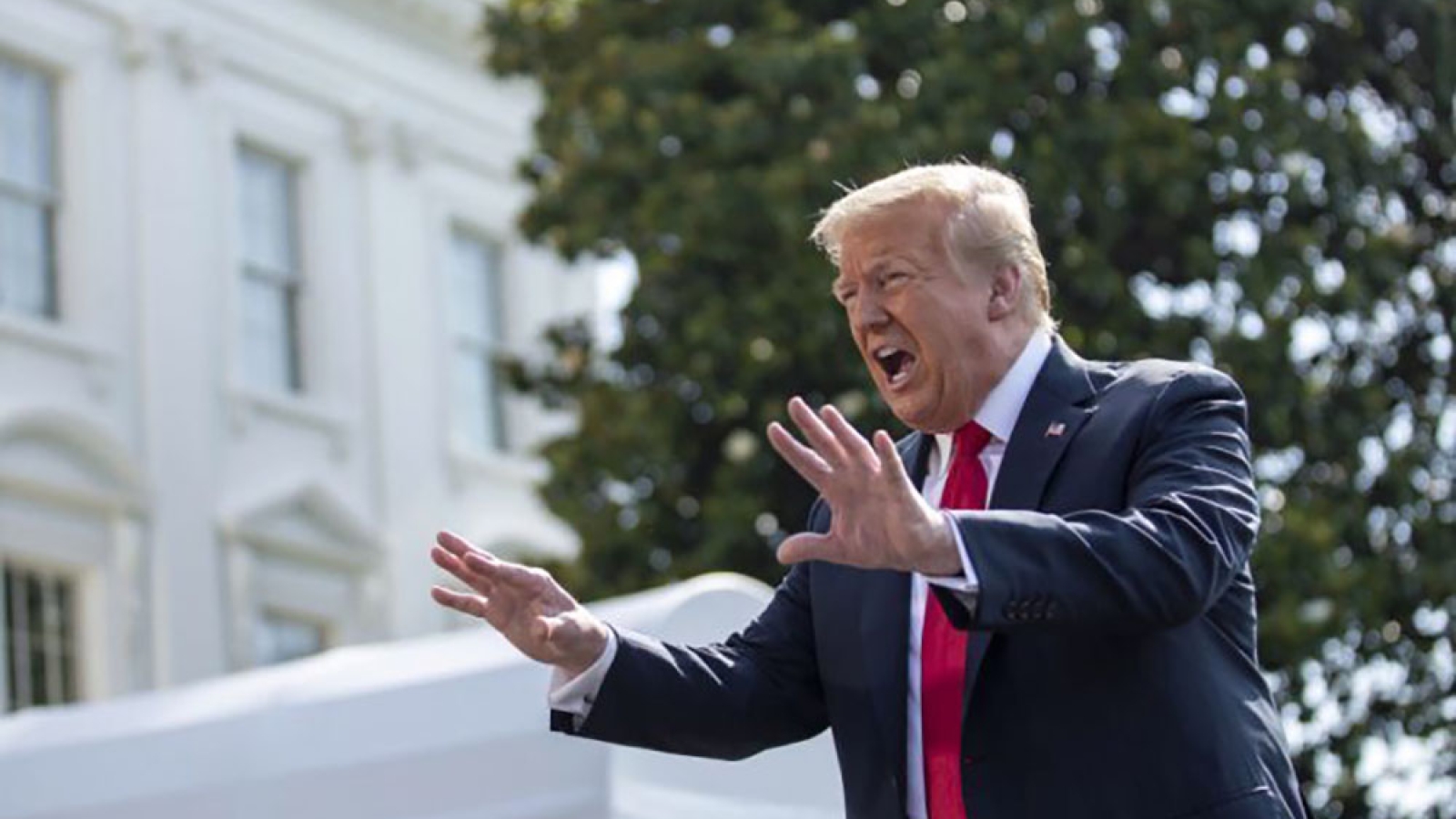- Duration
- Effective from June 24 until the end of this year.
- Affected Individuals
- Those seeking to enter the U.S. from abroad via consulate-based non-immigrant visas, including:
- H-1B (specialty occupation work visa)
- J-1
- L-1 (intra-company transfer)
- H-2B (seasonal workers—excluding those in the food industry, healthcare workers, au pair nannies, and agricultural laborers)
- Even if a person previously held an H-1B, H-2B, or H-4 visa, once the visa stamp expires, they will not be allowed to re-enter.
- Among J visas, issuance for the following categories is suspended: intern, trainee, teacher, camp counselor, au pair, and summer work/travel program participants.
- Those seeking to enter the U.S. from abroad via consulate-based non-immigrant visas, including:
- Exemptions
- Individuals who are already in the United States.
- Holders of J visas in categories such as student, professor, researcher, or specialist.
- Holders of H-1B, H-2B, and H-4 visas with unexpired visa stamps.
- Students and OPT (including F-1/F-2) are excluded from these restrictions.
Existing Visa Suspension Extended Through the End of the Year
- Partial Suspension of Issuing Immigrant Visas at Overseas Consulates
- Includes some employment-based immigrant visas and even stops immigrant visas for spouses and children of permanent residents, as well as siblings and parents of U.S. citizens.
- However, the preparatory steps for obtaining a visa, such as family-based petitions and waiver applications, can still proceed (since these are processed within the United States).
- Employment-Based Immigrant Visas:
- Those deemed to be in the national interest are permitted. For example, EB-5 applicants investing $900,000 or more, NIW (EB-2) applicants who qualify based on national interest, and EB-1 applicants whose extraordinary ability is considered to benefit the nation can likely have their applications approved.
- Medical professionals such as doctors and nurses, as well as applicants involved in COVID-19 research, are allowed to receive immigrant visas.

